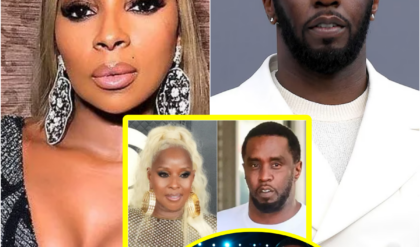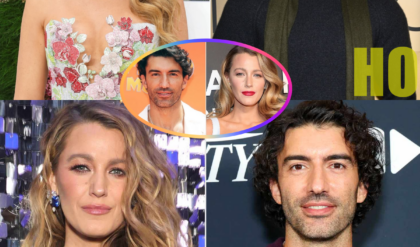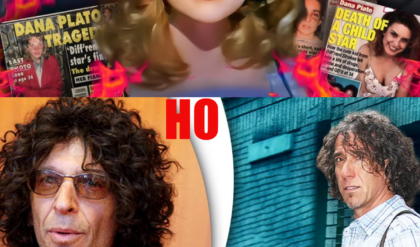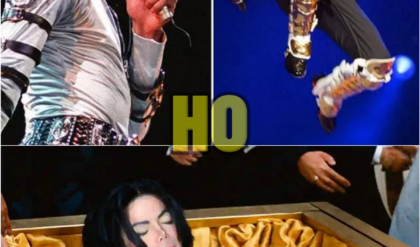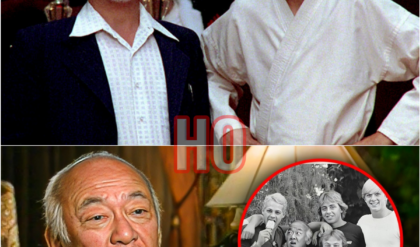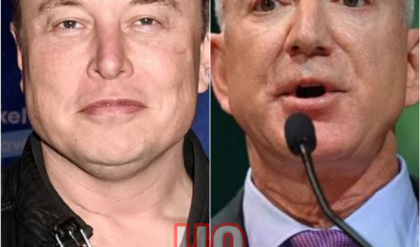Sometimes, interviewers push too hard with their questions, causing celebrities to snap. One famous example is when boxing legend Mike Tyson was enraged by an interviewer who suddenly brought up his criminal past. Tyson was clearly uncomfortable and defensive, saying, “I don’t have any comment on that,” before launching into a heated outburst. Despite the interviewer’s attempt to redirect the conversation, Tyson’s fury was impossible to contain, and he responded with aggressive words on live TV.

Another tense moment occurred with Robert Downey Jr., whose relationship with his father was probed by interviewer Krishnan Guru-Murthy. The actor was visibly irritated, and when Guru-Murthy delved too deep into personal history, Downey Jr. ended the interview abruptly. His discomfort was evident, showing how pushing personal boundaries can provoke a celebrity.
Film director Quentin Tarantino was also targeted by Guru-Murthy, who asked about the connection between movie violence and real violence. Tarantino refused to answer the question and criticized the media’s tendency to ask the same questions repeatedly. His frustration with the interviewer grew, leading to a memorable moment where he shut the conversation down entirely.
Comedian Bill Burr also had his fair share of heated interviews. When questioned about the potential offensiveness of his jokes, Burr fired back with his signature irreverent humor, claiming that it was ridiculous to compare his comedy to serious topics like religion. His irritation grew during an unprofessional radio interview where the host pushed him to perform on command. Burr, fed up with the disrespect, grabbed the microphone and took control of the situation.

Actor Dylan McDermott faced a similarly uncomfortable situation when comedian Jim Norton brought up the traumatic murder of McDermott’s mother during a lighthearted interview. McDermott, clearly disturbed, tried to redirect the conversation, but the hosts continued with inappropriate jokes, culminating in an offer of alcohol despite McDermott’s recovery from alcoholism. Such moments highlight the limits of professionalism when interviewers ignore personal boundaries.
Hollywood actors aren’t the only ones who get irritated by disrespectful questions. When Will Smith was ambushed by a reporter trying to force a kiss on him, he flipped out. Similarly, Tom Cruise expressed his anger when an interviewer pranked him during a red-carpet interview, accusing the reporter of being rude and disrespectful.
Another celebrity, Jonah Hill, was asked an offensive question about his weight. The question, which implied that his transformation was the result of a Hollywood shift, didn’t sit well with Hill, who quickly shot back, putting the interviewer on the spot. Similarly, adult film actress Tasha Rain was subjected to an inappropriate question by Southside Steve, who insinuated that her soft voice indicated something traumatic had happened to her as a child. Rain was rightfully offended by the absurdity of the question.

Actress Scarlett Johansson experienced frustration when an interviewer persistently asked her about the undergarments she wore during the filming of The Avengers. She was fed up with such personal inquiries and openly criticized the interviewer for crossing boundaries. Her response showed that even public figures have limits when it comes to invasive questions.
Samuel L. Jackson faced an awkward moment when a local news anchor mistakenly confused him with another actor, Lawrence Fishburne. Jackson, visibly irritated, made it clear that racial assumptions weren’t acceptable, pointing out the error with a pointed remark about how people don’t all “look alike.”
One of the most notorious confrontations occurred between actor Mel Gibson and interviewer Dean Richards, when Richards brought up Gibson’s past controversies, including allegations of anti-Semitism. Gibson, clearly angry, shut the interview down, cursing and ending the discussion abruptly.

Actor Billy Bob Thornton became irate during a Canadian radio interview when the host ignored his instructions not to discuss his Hollywood career and insisted on talking about it. Thornton’s frustration with the lack of respect for his boundaries resulted in a tense and unprofessional exchange.
Matt Damon, on the other hand, kept his composure when an ambush journalist insulted him during an education reform rally. The reporter tried to provoke Damon by suggesting that he only worked hard because there’s no job security in acting. Damon turned the conversation into a powerful statement about the value of teachers and how education reform should not be simplified to a matter of job security.
In another awkward exchange, actor Jesse Eisenberg was put on the spot by an interviewer demanding a magic trick. Eisenberg, uncomfortable and clearly annoyed by the request, eventually performed a half-hearted trick, and the interview quickly soured.
Sports commentator Bob Costas also encountered resistance from WWE founder Vince McMahon, who became visibly agitated when Costas questioned the viability of McMahon’s XFL football league. The heated exchange demonstrated how a challenging question could escalate if not approached professionally.

Lastly, NFL quarterback Jim Everett was provoked by radio host Jim Rome, who repeatedly called him “Chris” as an insult. Everett had enough and physically confronted Rome during the interview, leading to a chaotic and dramatic moment on air.
These incidents prove that even celebrities, who are often expected to remain composed, have limits when faced with disrespectful or invasive questioning. Interviewers should be mindful of their boundaries, as pushing too far can lead to explosive and unforgettable reactions.
